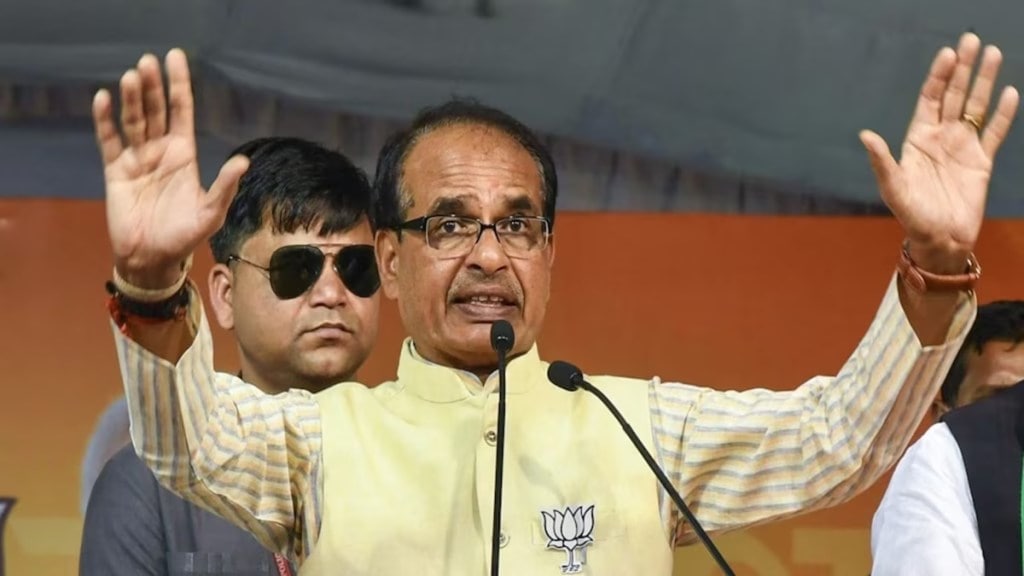India will not be yielding to external pressure even as the world continues to grapple with “weaponization” of trade and tariffs, agriculture minister Shivraj Singh Chouhan said on Thursday.
“Amid volatile geo-political situations where nations are fighting each other, where trade and tariffs are treated as weapons, where nations are ruling the world at their whims…..in such a situation, India has to choose its path,” Chouhan said at the 20th Annual General Meeting of the PHDCCI.
“In the current situation, one cannot rely on the global market for food. Therefore, we have to become self-reliant,” Chouhan said. India imports pulses and oilseeds in large quantities for meeting domestic demand.
India’s stance on trade & self-reliance
The agriculture minister Chouhan also recalled India’s dependence on American food aid under the PL480 programme. Since then, he added that the country has come a long way in ensuring food security.
Pulses production to be increased by 40% to 35 MT in next six year: Chouhan
Later while briefing the media, Chouhan said the government has set a target to increase pulses production by 40% to 35 million tonne (MT) in the next six years by 2030-31 crop year from current level of 24.2 MT through increasing area and boosting productivity under a mission mode.
Mission for Aatmanirbharta in pulses
With a budgetary allocation of Rs 11,440 crore, a centrally sponsored scheme – Mission for Aatmanirbharta in Pulses– will be operational between 2025-26 and 2030-31, which recently got cabinet approval.
It would benefit over 20 million farmers.
Chouhan said the Prime Minister Dhan-Dhaanya Krishi Yojana (PMDDKY) scheme will be used for boosting pulses output across 100 aspirational districts. He said the government has identified 100 blocks where the productivity is very low compared with the national average. “We are not self-sufficient in pulses so far,” he pointed out.
Chouhan stated that India is the world’s largest producer, but it is also the biggest consumer of pulses. “The country has to import a large quantity of pulses to meet domestic demand as we are not self-sufficient in pulses so far,” he noted.
Between 2020-21 and 2024-25, import dependency in pulses increased from 9% to 23.1%. Currently duty-free imports of yellow peas, tur and urad has been allowed till March 31, 2026, bengal gram and masoor has imported duty of 10% valid till end of FY26.
Indian imports pulse consumption mostly tur, urad and lentil (masor) from Mozambique, Tanzania, Myanmar, Canada, Russia, Australia and Brazil.
He also assured that the government would take appropriate decisions related to import duties of pulses for safeguarding the interests of farmers.
Prime Minister Narendra Modi will formally launch pulses mission and the PMDDKY on October 11.
In addition over 1,100 projects worth of more than Rs 42,000 crore will be inaugurated by the Prime Minister across sectors including agriculture, animal husbandry, fisheries and food processing


